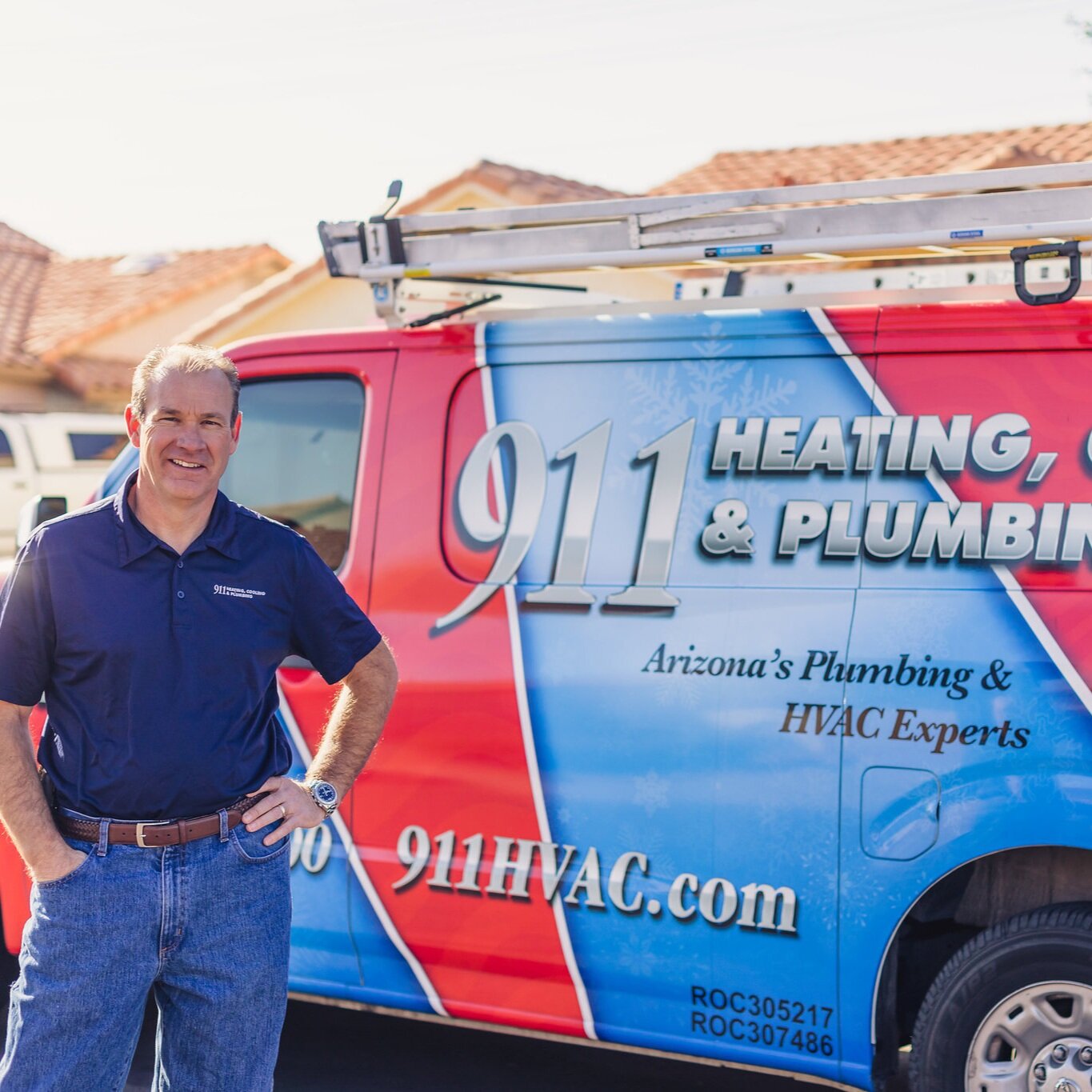All There Is to Know About the Different Types of HVAC Air Filters
Because HVAC filters are an essential piece in an air circulation system, it is quickly noticeable when it stops doing its job. An old filter usually needs to be replaced entirely and can't be cleaned, but each filter is different. Knowing everything about the filter currently in use can help a user prepare an adequate maintenance schedule and maintain home or office comfort without any nasty interruptions. In this article, we explain the differences between the four main HVAC filter types.
MERV rating
A MERV rating, or minimum efficiency reporting value, details how filters handle smaller air particles. Higher ratings correspond to how well the filter catches smaller particles. The values go from 1 for the lowest-grade disposable filters up to 20 for HEPA filters.
Flat-panel fiberglass filters
These filters are usually the cheapest options. They are disposable, meaning there's no option but to throw them in the garbage once they get dirty. Fiberglass doesn't provide as many benefits as other filter types, but its affordability makes it hugely popular. Fiberglass filters usually don't have MERV ratings higher than four and trap only dust and larger debris.
Reusable filters
Reusable filters are made from softer fabrics that can withstand washing. When the filter is full, homeowners can pop them out of the system, give them a quick wash, dry them, and put them back. Their most significant benefit over fiberglass filters is reusability, although they tend to lose some absorptive qualities every time they're washed and need to be replaced eventually. Reusable filters rank lower on the MERV scale, commonly around 1-4. Additionally, they can promote mold and mildew growth if not dried properly before reinstallation.
Pleated filters
Pleated filters have pleated fabrics to maximize surface area and provide better particle absorption. They can also suppress some of the fan's noise and slightly reduce airflow due to thicker linings. Their MERV ratings aren't excellent but are a significant improvement, with higher-end models ranging around a MERV rating of 13. Pleated filters often catch most spores and pet dander.
HEPA
HEPA—high efficiency particulate air—filters are commonly considered the best filter. They can filter out 99.7% of air particles and last for quite a while. Residential HEPA filters usually go up to 16 on the MERV scale, while commercial filters can capture viruses and rank up to 20.
HEPA filters require professional installation and can lower the system's airflow efficiency. The thicker fibers obstruct more airflow if the filter gets heavy with dust. However, they are still the best option for people with allergies and respiratory issues.
If you want to get the best advice on which filter to use and how often to replace it, contact a qualified HVAC service technician for maintenance tips and problem troubleshooting.
Get reliable and professional solutions for all air duct installation, air duct repair, air duct cleaning, dryer vent cleaning, and indoor air quality needs in Phoenix, AZ. The team at 911 Heating, Cooling & Plumbing is here to assist you. Contact us at 602-795-2900 today.

